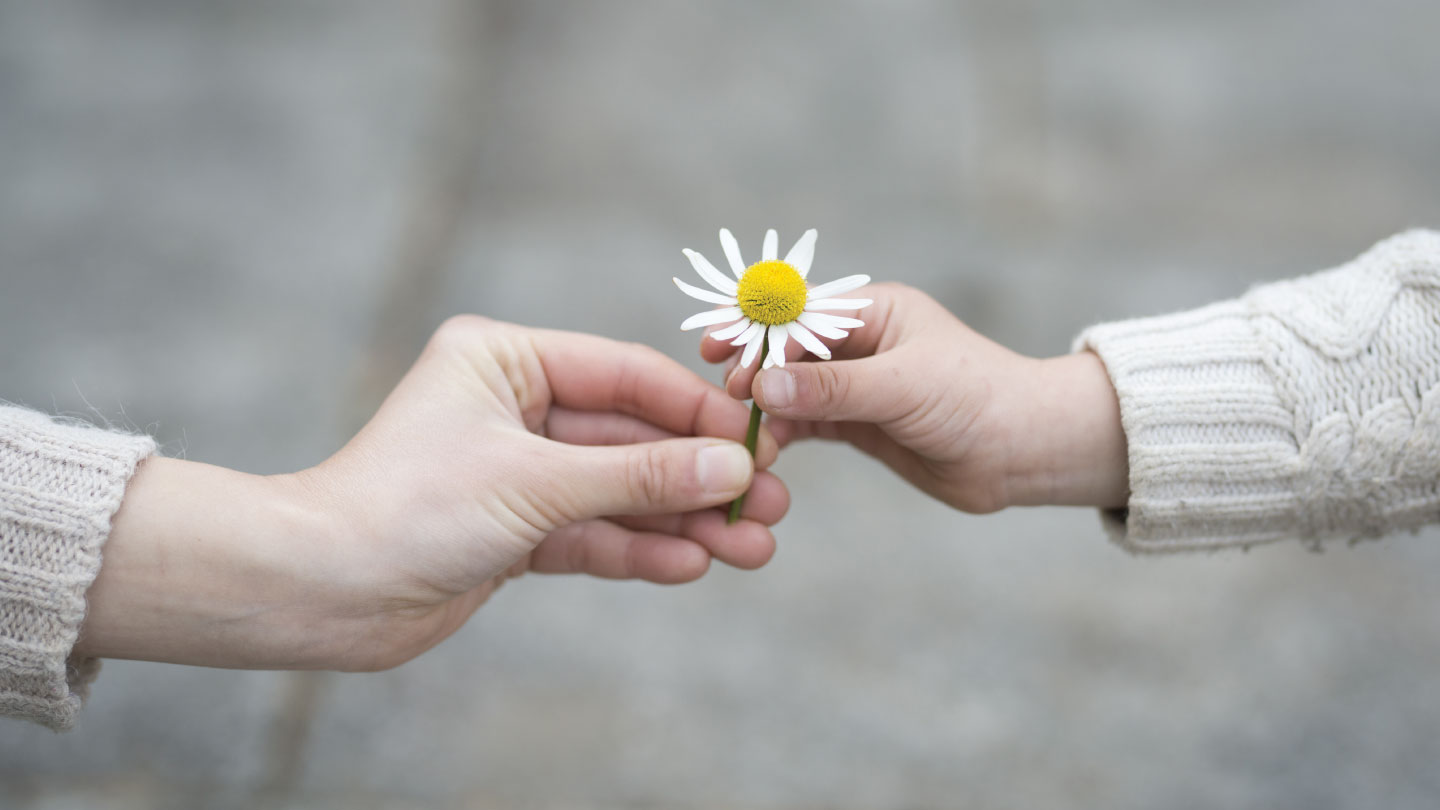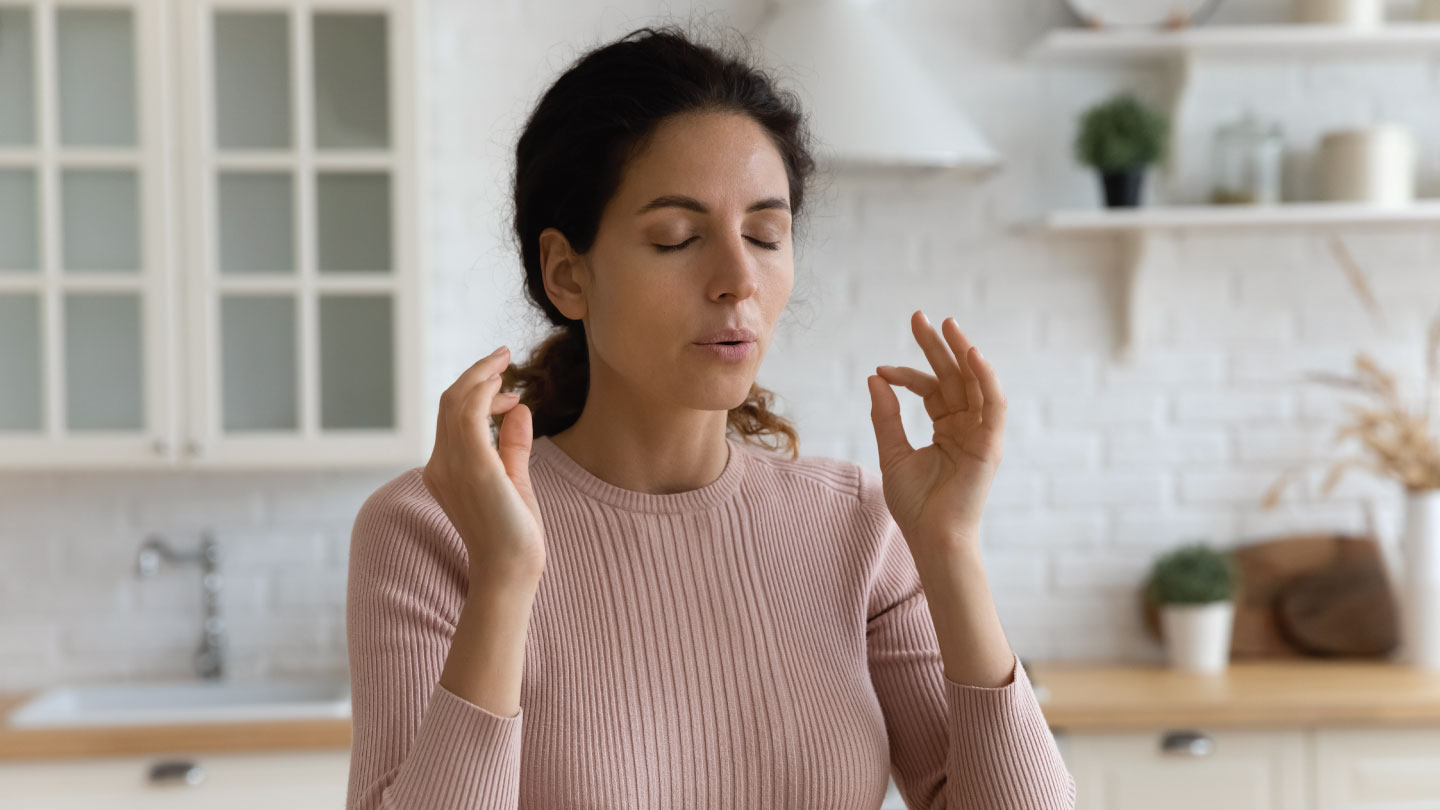Mental Health
Kindness Is Love in Action; And It Makes You Happier, Too
We often think of kindness as a gift to others. But it’s also a secret way of nourishing your own heart and spreading happiness around you.

You know how sometimes you do a small nice thing, You know how sometimes you do a small nice thing, and afterwards you feel lighter, almost like you’ve taken a deep breath? That’s not just a sweet coincidence. Kindness is basically love in action, and it feeds your inner self as much as it helps the person you’re being kind to.
I was reading an Oxford University review of more than 400 studies (2016) that found people who regularly do kind acts report feeling happier than those who don’t. It’s as if science is finally catching up with what our grandparents always said: “helping others helps you too.”
Related story: How Kindness Can Improve Your Well-being
Why Does It Feel Good Inside?
When you’re kind, your body actually releases feel-good hormones like oxytocin and dopamine, the same ones linked to calmness, connection and pleasure. That’s why a simple smile or thoughtful gesture can leave you glowing for hours. But there’s more going on than chemicals. Kindness quietly tells your inner self, “I matter, they matter, we’re connected.” That’s a deep human need. It’s the opposite of feeling isolated.
Kindness as a ripple, not a transaction
Have you noticed how kindness spreads? You do something small for someone; they feel seen and are more likely to help someone else. It’s like tossing a pebble in water; the ripples travel far beyond where it landed. Researchers at the University of California found that people seriously underestimate how much their kindness brightens someone else’s day.
So while you might think it’s just a text or it’s just holding the door, the other person could carry that warmth all day and pass it on.
Related story: How Kindness Can Improve Health
Acts of Love, Not Grand Gestures
You don’t have to volunteer every weekend or donate huge sums. Some of the most powerful acts of kindness are tiny:
- Passing a smile to a stranger
- Letting someone merge in traffic
- Listening attentively to a friend without checking your phone
- Saying “I appreciate you” to someone you love, or just admire that they exist
In a classic Count Your Kindness study (where participants record their own kind acts over a week, leading to increased happiness and self-perception), people who noted five small kind acts each day for a week felt noticeably happier and more grateful by the end.
Why does Your Inner Self Light Up
Kindness does three things at once:
1. It creates a connection. Humans thrive on feeling part of something bigger.
2. It affirms your values. Acting with compassion reminds you who you are.
3. It builds a kinder world around you. People tend to mirror what they receive. Even watching someone else being kind can lift your mood and make you more likely to act kindly yourself.
Related story: 4 Transformative Powers of Loving-Kindness Meditation
At its core, kindness is just love made visible. It doesn’t ask for credit, and it doesn’t need to be perfect. The funny thing is, the more you practice it, the happier you get. Not because you’re keeping score, but because your inner self responds to giving as naturally as it does to breathing.
So next time you feel like the world is heavy, try a small act of kindness. It’s not self-sacrifice; it’s self-care that radiates outward. You’ll see: the warmth you send out really does come back, and sometimes in ways you never expected.
Related story: How Love Languages Can Help You Forge A Stronger Bond
Mindfulness 101:Bring calm into your day with these daily tips. Sign up here.
EXPLORE MORE
Perfection is overrated. Tiny, consistent wins, the kind you barely notice, are what actually strengthen resilience and improve your mental health.
If your calendar is packed but your mind feels scattered, it’s time to schedule days that not only keep you busy but also keep you balanced. Here are five kinds of days worth protecting, every single month.
How the unholy trinity of stress, sleep loss, and sugar is quietly rewriting India’s health story.
Quick, smart, and easy to apply moves you can do when panic looms, turn the ‘Oh no’ into ‘okay, I got this!’








.jpg)
.jpg)


